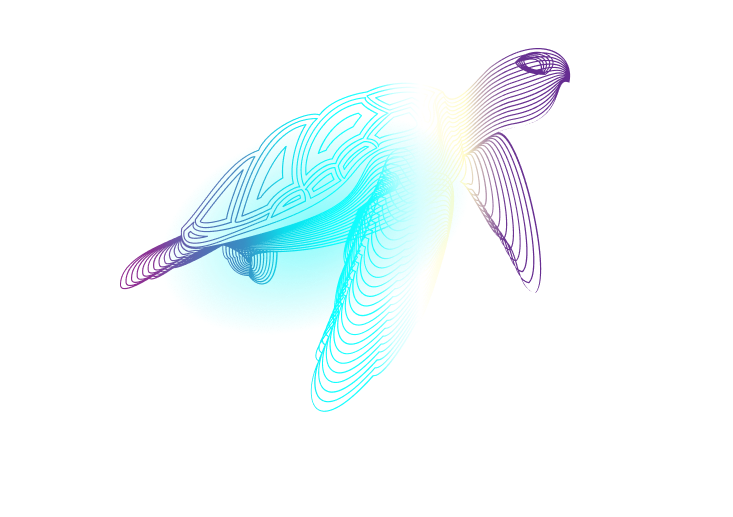Incorpore Reef Stream para exportar producciones y búsquedas guardadas, e importe conjuntos de datos procesados, un 80 % más rápido que al usar herramientas tradicionales.
Reef Stream distribuye los trabajos de importación y exportación de datos en diversas máquinas para reducir de manera significativa el tiempo requerido para exportar producciones y búsquedas guardadas, y para importar conjuntos de datos procesados. Los usuarios de Relativity pueden desplegar varias computadoras en un solo trabajo para recortar el tiempo de exportación de producciones y búsquedas guardadas a una fracción de lo que las herramientas tradicionales pueden tardar.
La exportación de un conjunto de datos con 500.000 páginas tardaba medio día: Reef Stream puede hacerlo en menos de una hora. La exportación de una presentación de segunda solicitud con un millón de páginas tardaba varios días: Reef Stream puede finalizarla casi que el mismo día. 300.000 páginas con color mixto, así como imágenes en blanco y negro pueden cargarse e indexarse para revisión en unos 90 minutos.

Reef Stream permite a los usuarios:
- Desplegar varias computadoras para exportar una sola producción o búsqueda guardada de Relativity.
- Cumplir con requisitos de presentación complejos, lo que incluye renombrar encabezados de campos y editar información del contenido de metadatos sobre la marcha.
- Generar un rango de especificaciones de presentación con una manipulación de postexportación mínima o nula.
- Personalizar las exportaciones y guardar automáticamente las configuraciones para reducir la carga para los operadores y los índices de error.
- Generar archivos de carga que permitan primero a los usuarios trabajar en manipulaciones de postexportación y control de calidad antes de que haya finalizado la exportación de los elementos nativos, texto e imágenes.
- Reiniciar las exportaciones de manera sencilla en caso de interrupciones de redes

Reef Stream permite a los usuarios:
- Importar datos a Relativity para revisión de forma exponencialmente más rápida que cualquier otra herramienta.
- Facilitar la distribución de cargas y la personalización congruente de configuraciones de importación.
- Procesar primero los metadatos, luego el texto y posteriormente los elementos nativos para indexar más rápido.
- Evitar la auditoría de textos y omitir los nativos existentes superpuestos en capas.
- Reconocer de manera automática los campos de enlaces nativos y de texto.
- Mapear un campo de archivo de carga a varios campos de Relativity.
- Crear nuevas carpetas y campos de Relativity sobre la marcha.
- Superponer en capas imágenes, elementos nativos, texto y metadatos sobre una base de uno a varios, lo que permite la propagación de imágenes, cifrado y ediciones de información en documentos duplicados.
